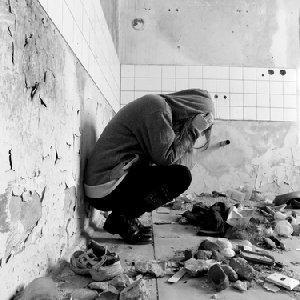What Is an Intervention?

An intervention is any action or actions which result in an addict arriving at a well-chosen program. I include, “well-chosen,” because, without a program that has a good chance of success in place, an intervention is of little or no value.
Contrary to what many believe, an intervention is not necessarily a meeting with the addict’s family or loved ones, where he is confronted, given a loving ultimatum and a packed suitcase combined with prayers for a positive outcome, although this is what is often imagined when the term, “intervention” is used.
Anything short of an addict being willing at the outset could be considered an intervention. You reading this blog may be the start of your doing one. This might be the first step. Anything that follows, if it results in either the person arriving safely at a program like Narconon, or if it results—at the very least—in knowing beyond any doubt that you have done anything and everything you possibly can, could be considered the intervention.
An intervention can take hours, days and sometimes weeks (weeks is unusual and should be avoided if possible). The only thing of any importance is whether the person arrives at the program with enough willingness to start. That is the hallmark of a well-done intervention.
The most common reason interventions “fail” is because families give up too soon, not because the addict is impossible to handle—although he may convince you otherwise. Families often believe that if the addict does not go into treatment immediately, the intervention has failed. This is often simply not true. Part of any, solid intervention is a willingness of the family to persevere. The ability to persevere is made easier if the family recognizes, not only what they will do but what the addict will do in response.
For example, if the family is going to ask the addict to seek help, the addict may pull Mom’s sheets on her drinking, or the brother for his use of “medical” marijuana. Family members often make the mistake of having no plan when these very predictable responses occur, so they falter and end up with a big mess on their hands, left feeling as though the situation is impossible to handle when all they needed to do was to create a plan beforehand, to script out and rehearse responses to potential objections. You’ll never regret taking time to plan, script, and rehearse. And, before you engage with the addict, do it again.


 ®
®